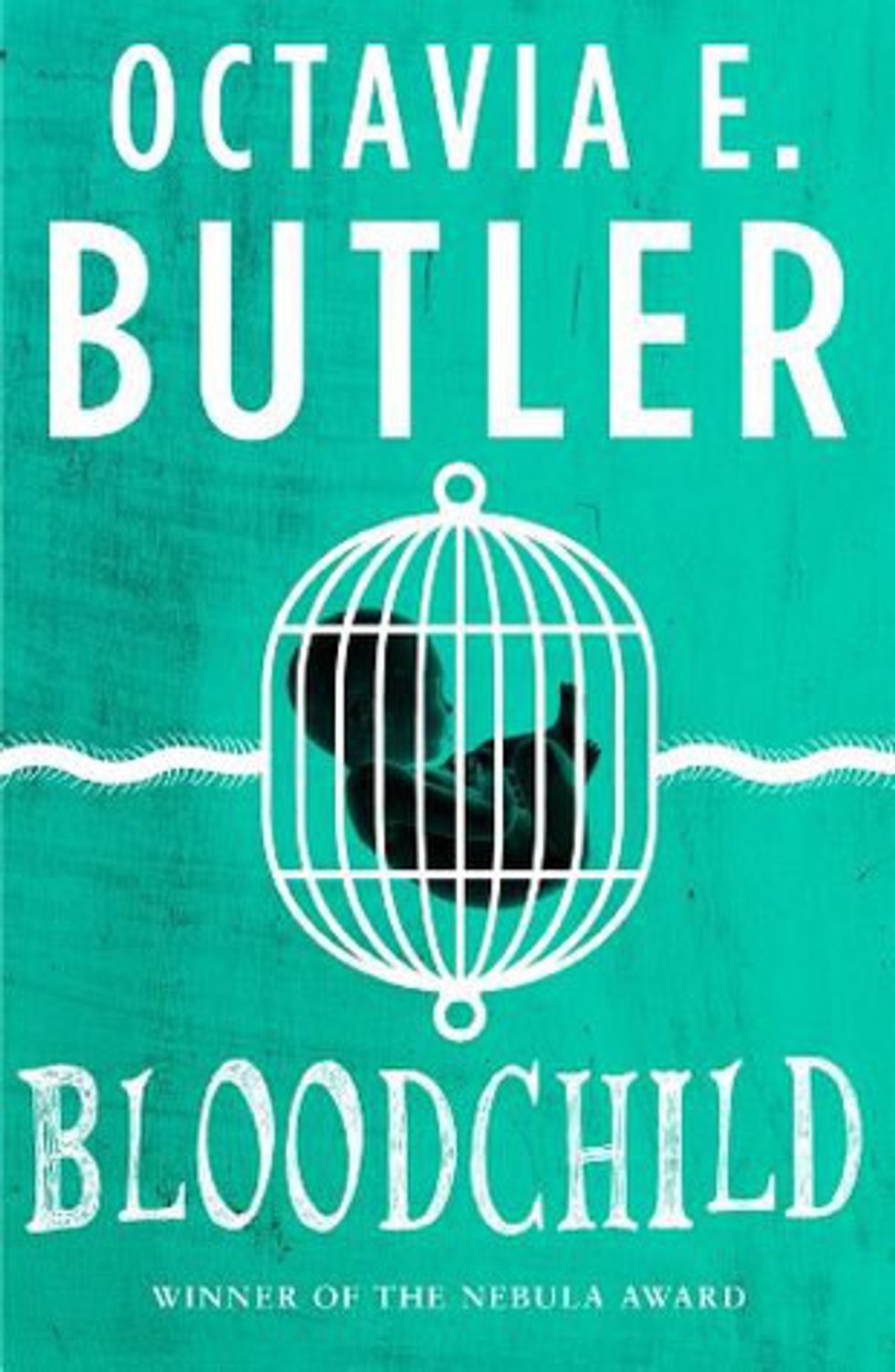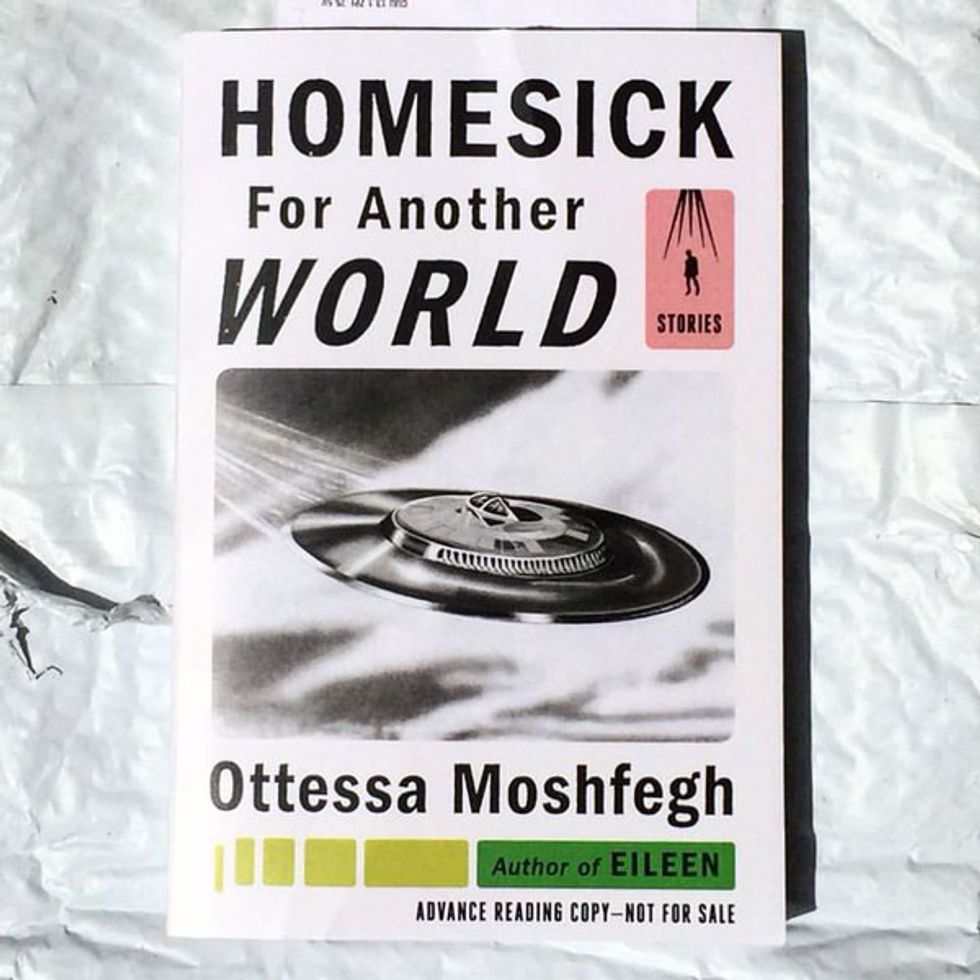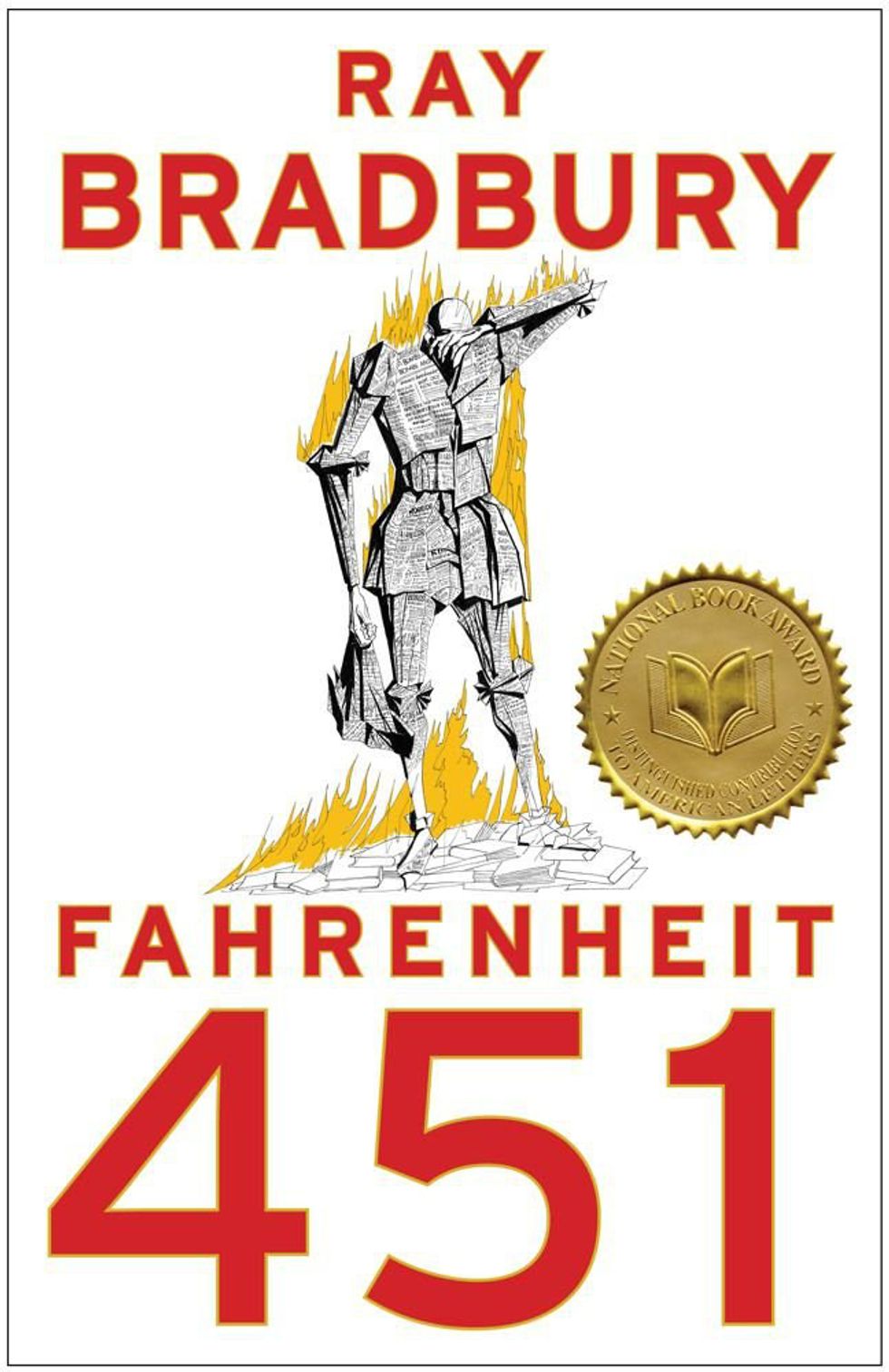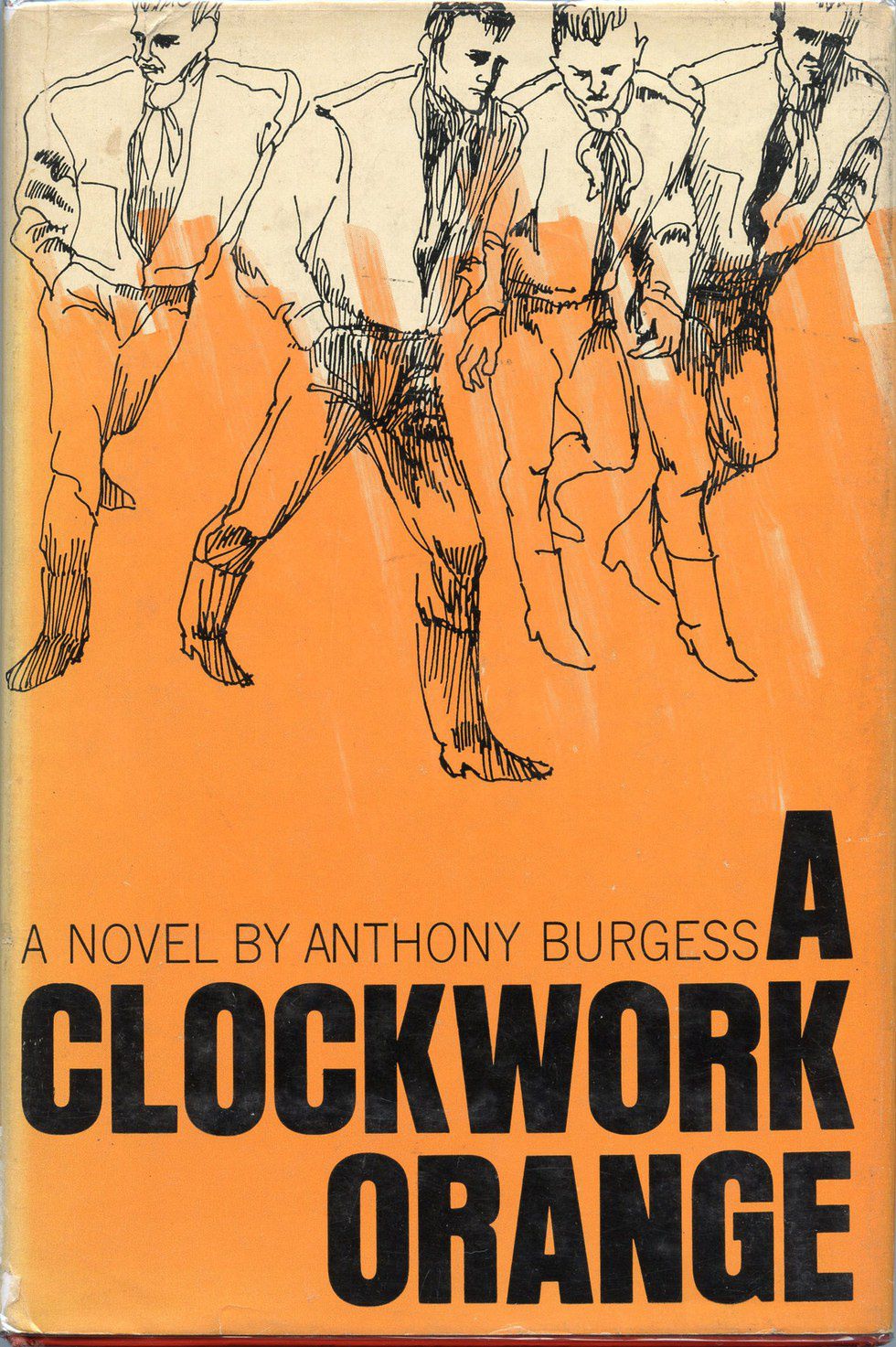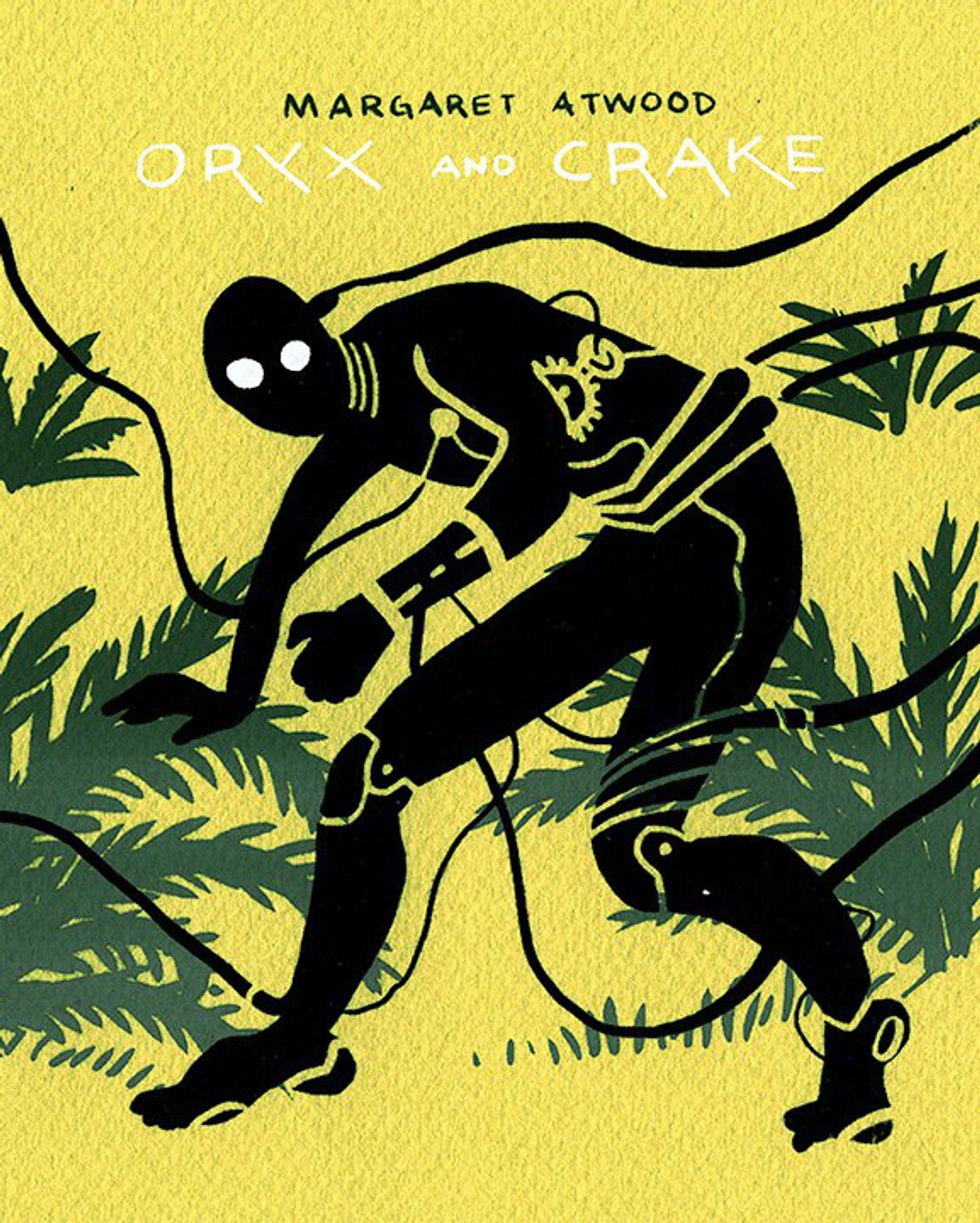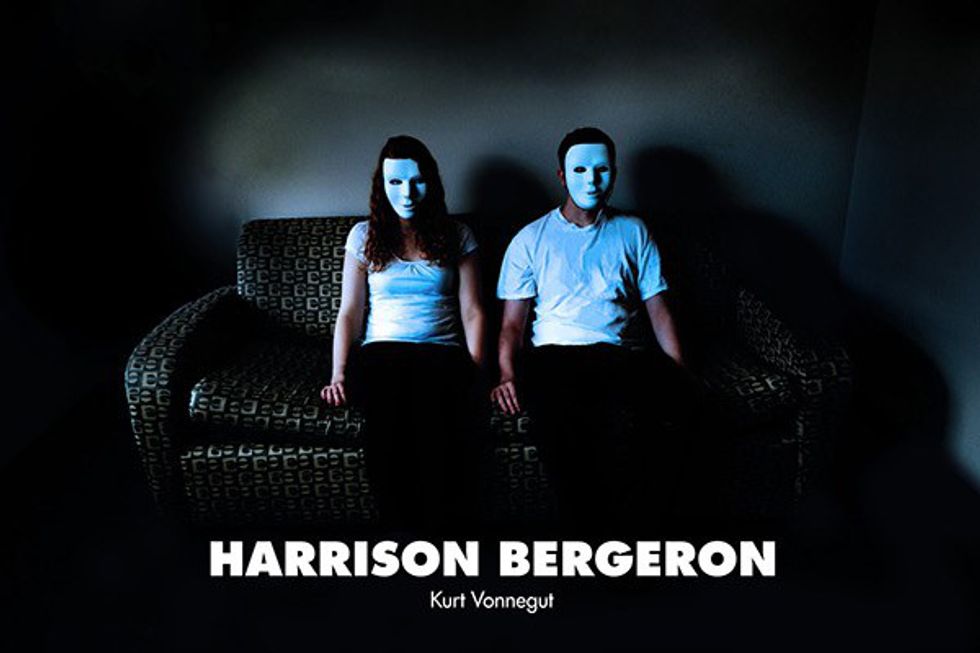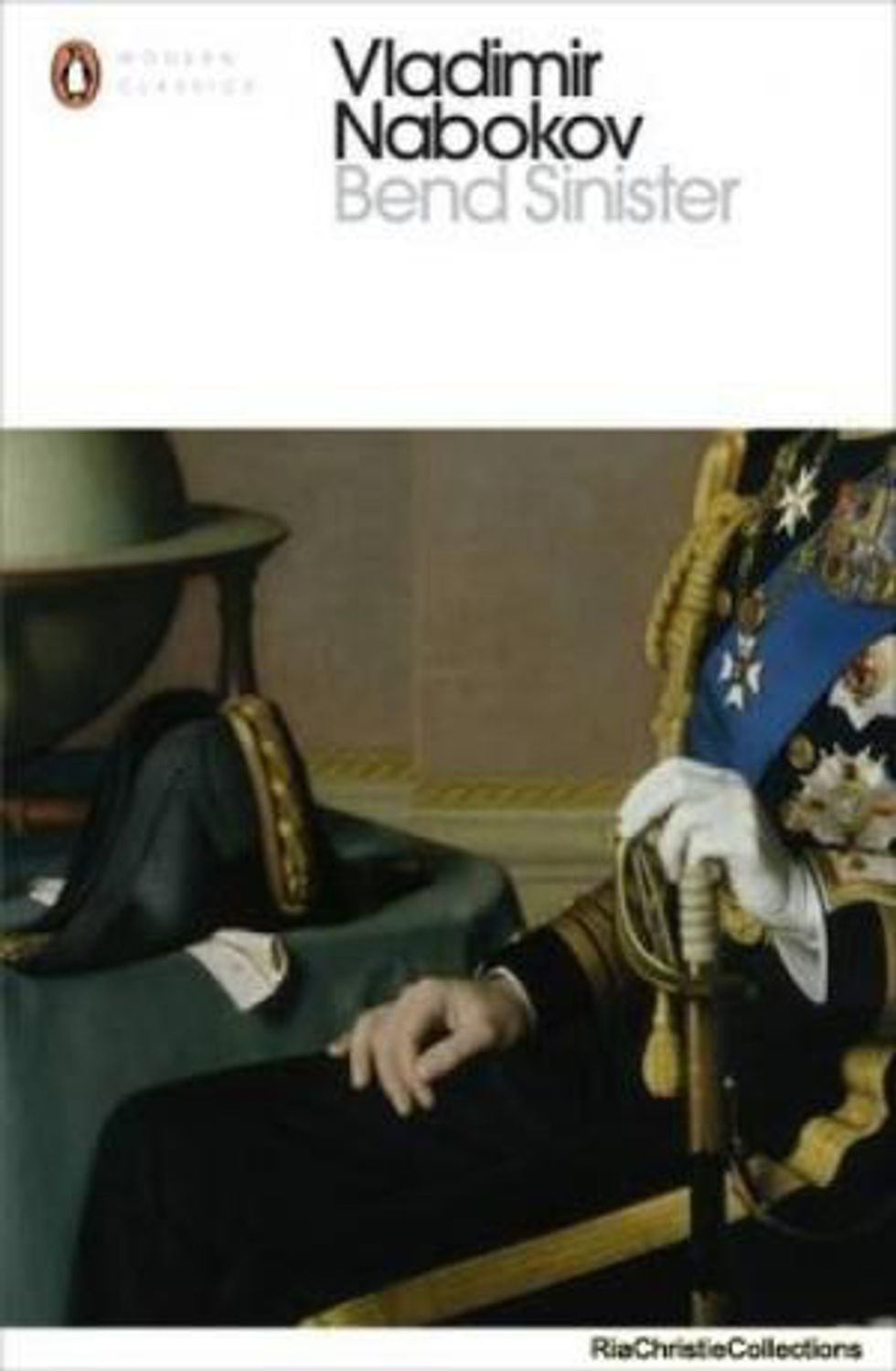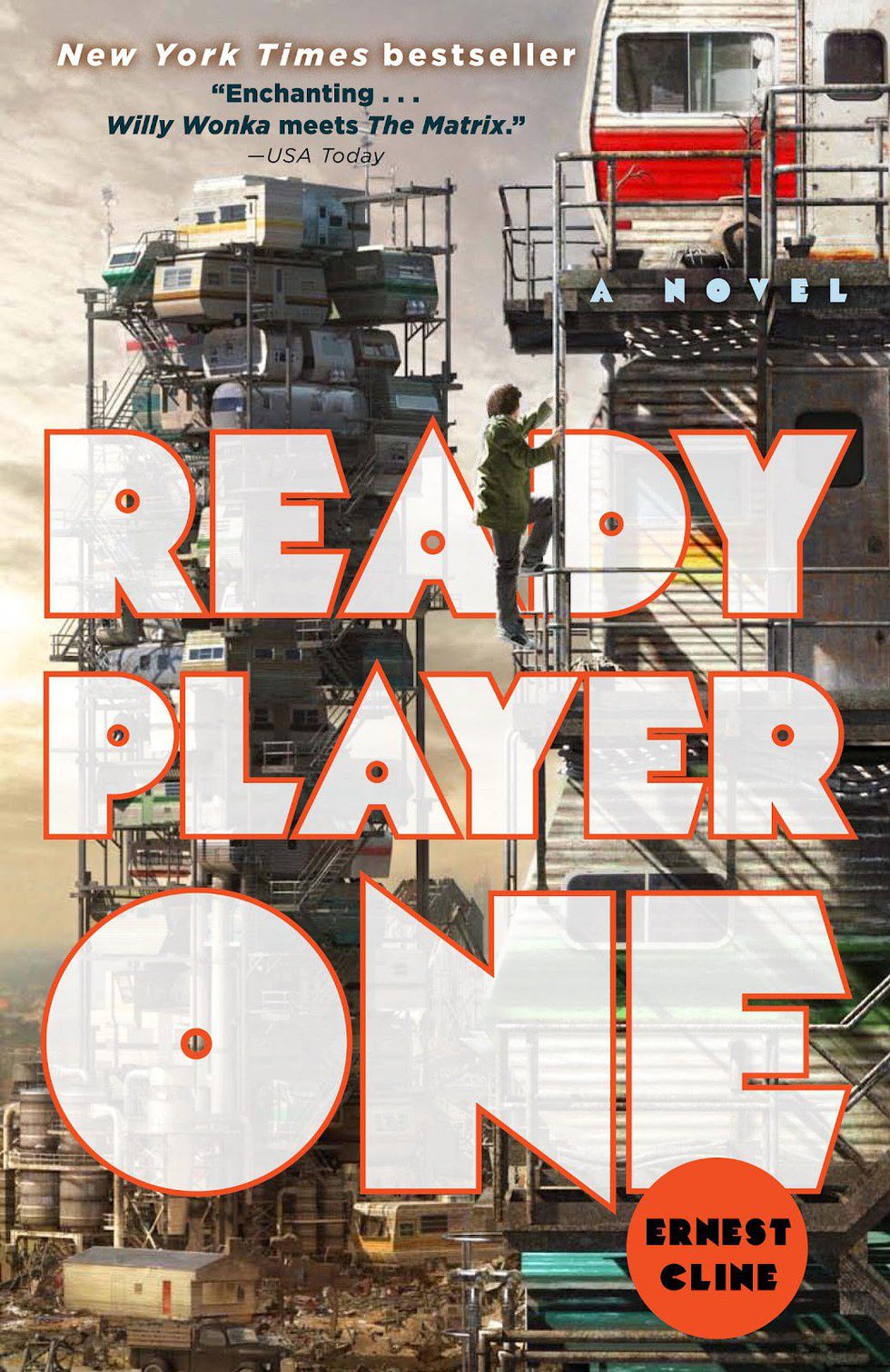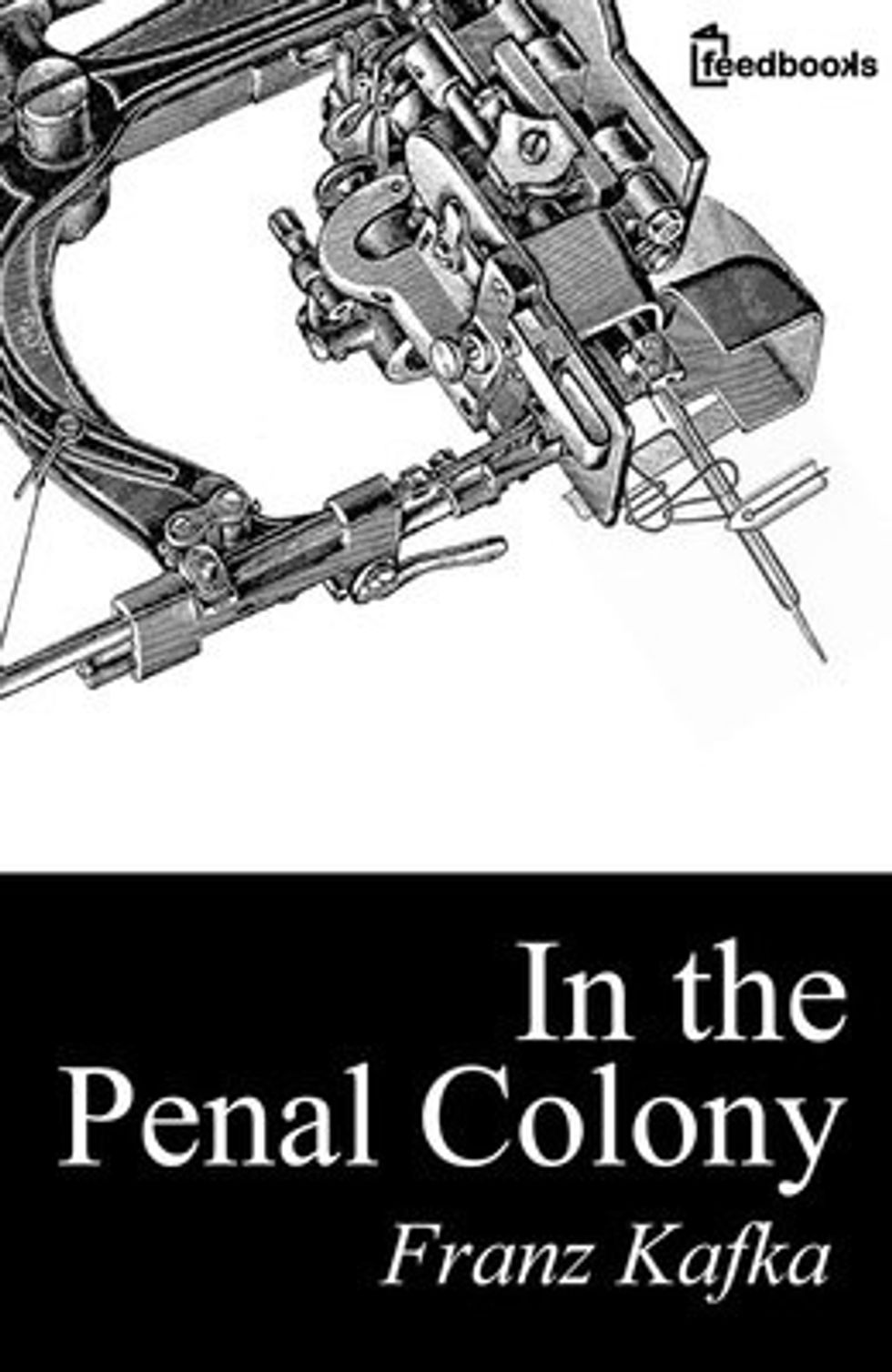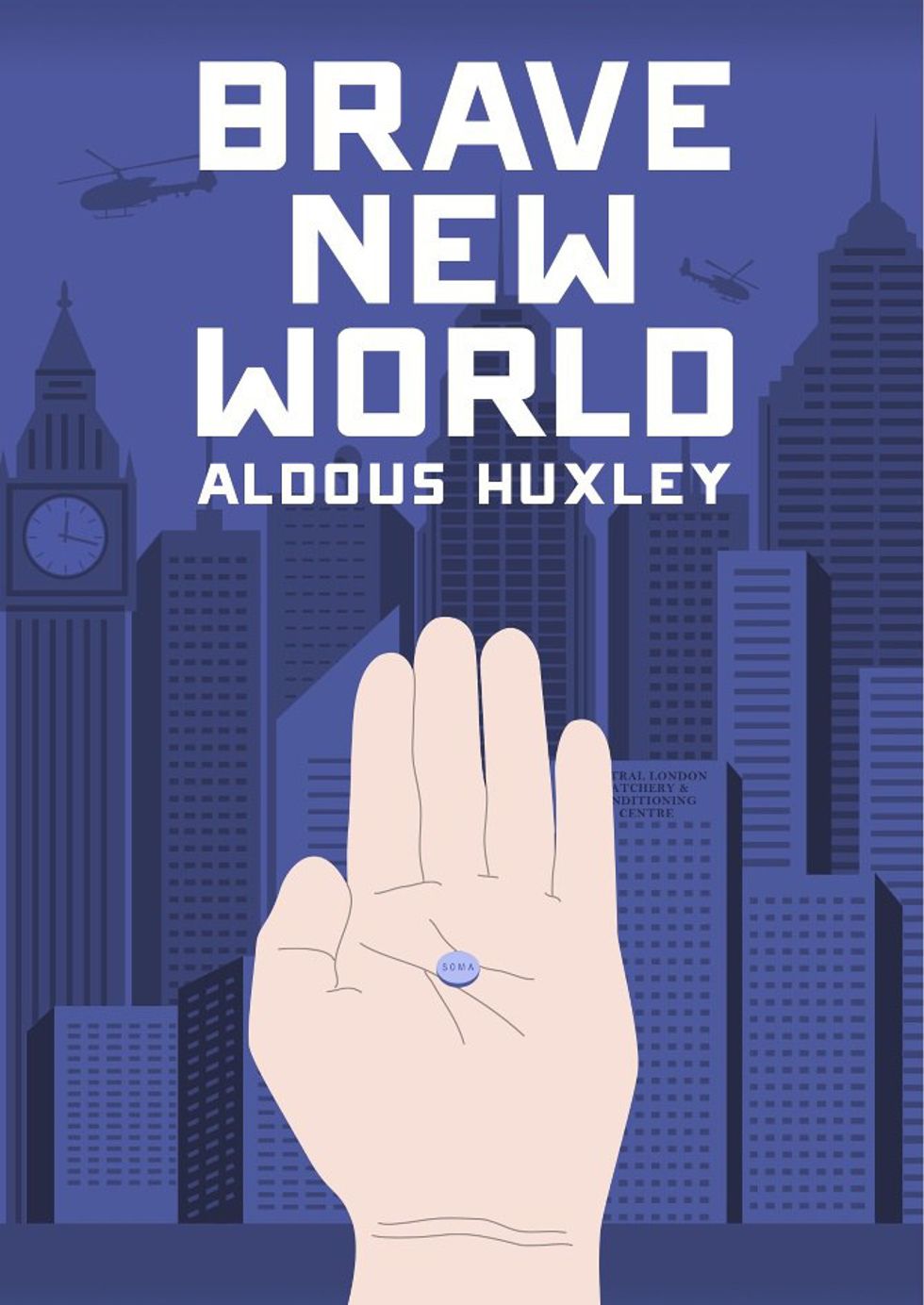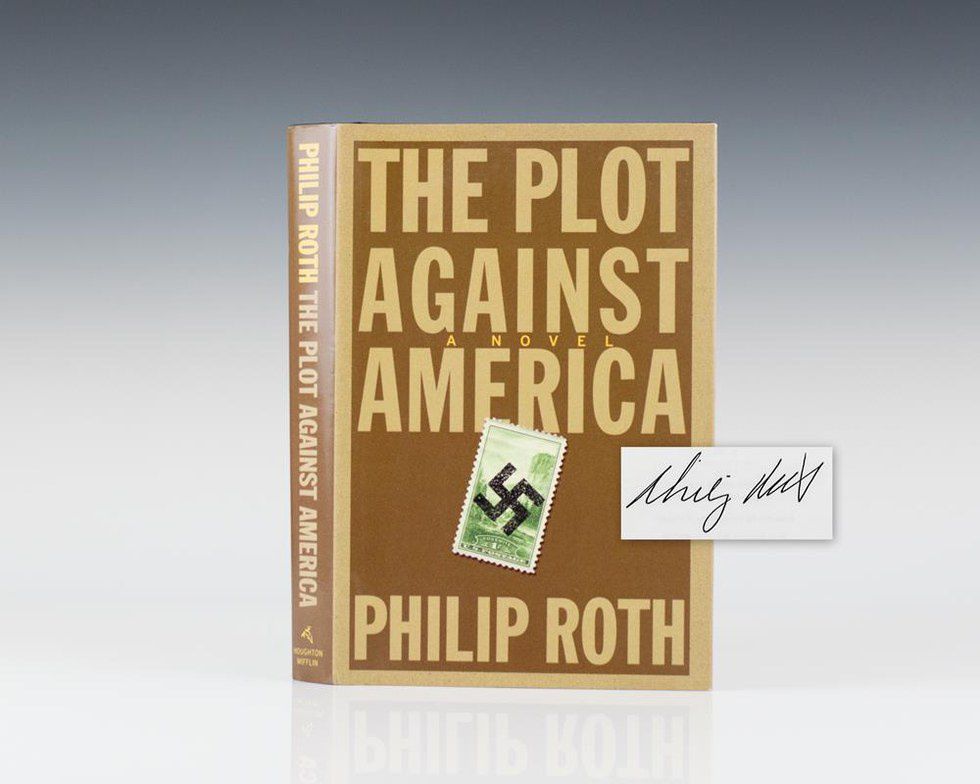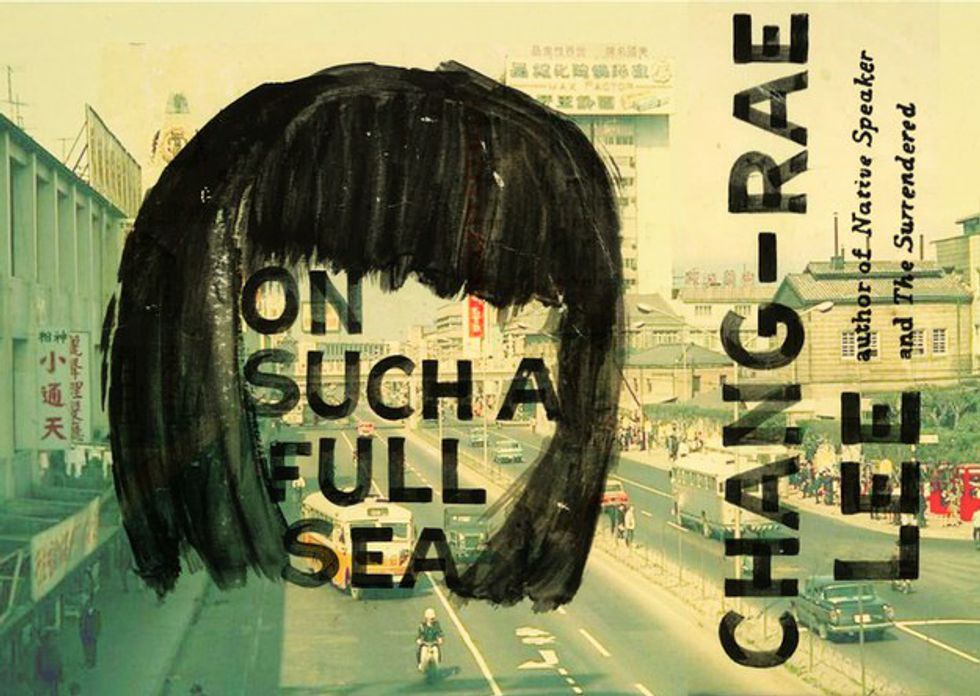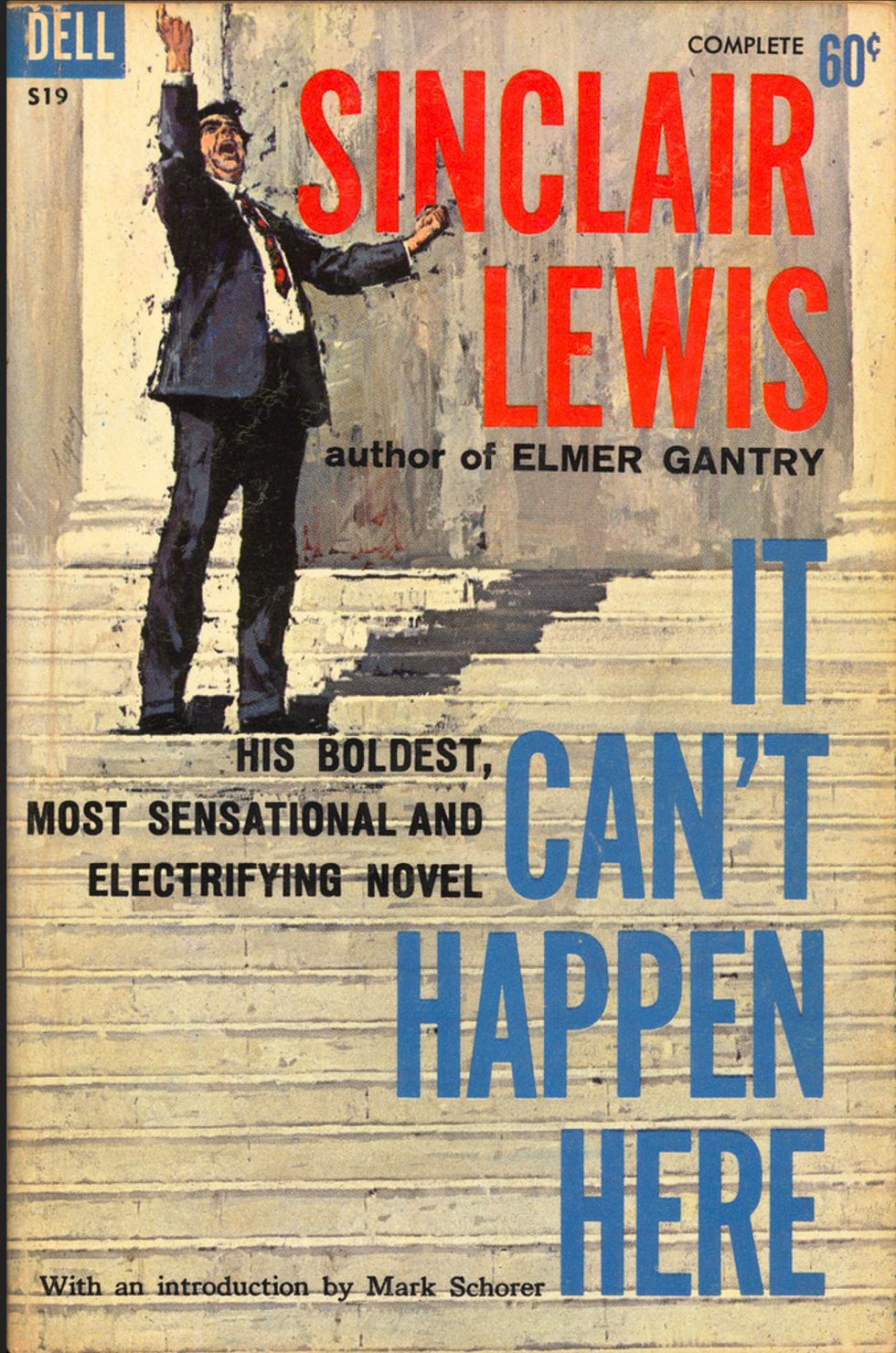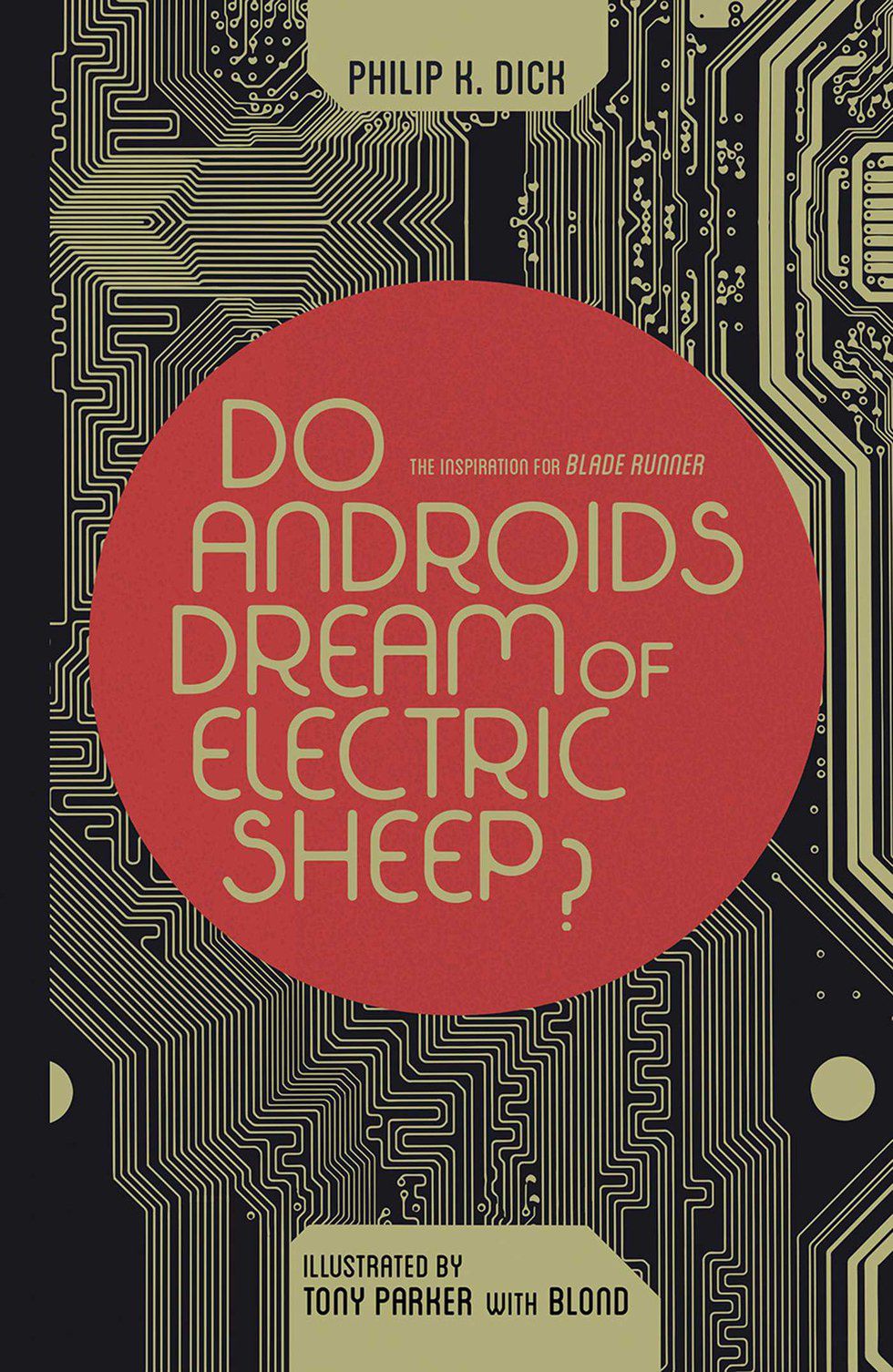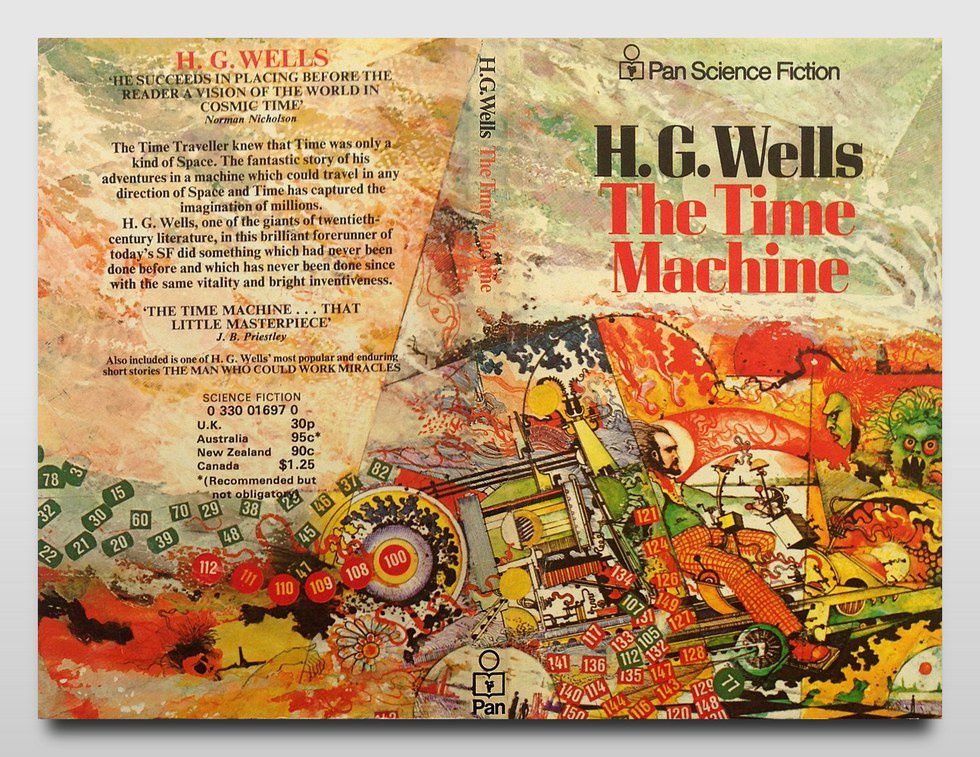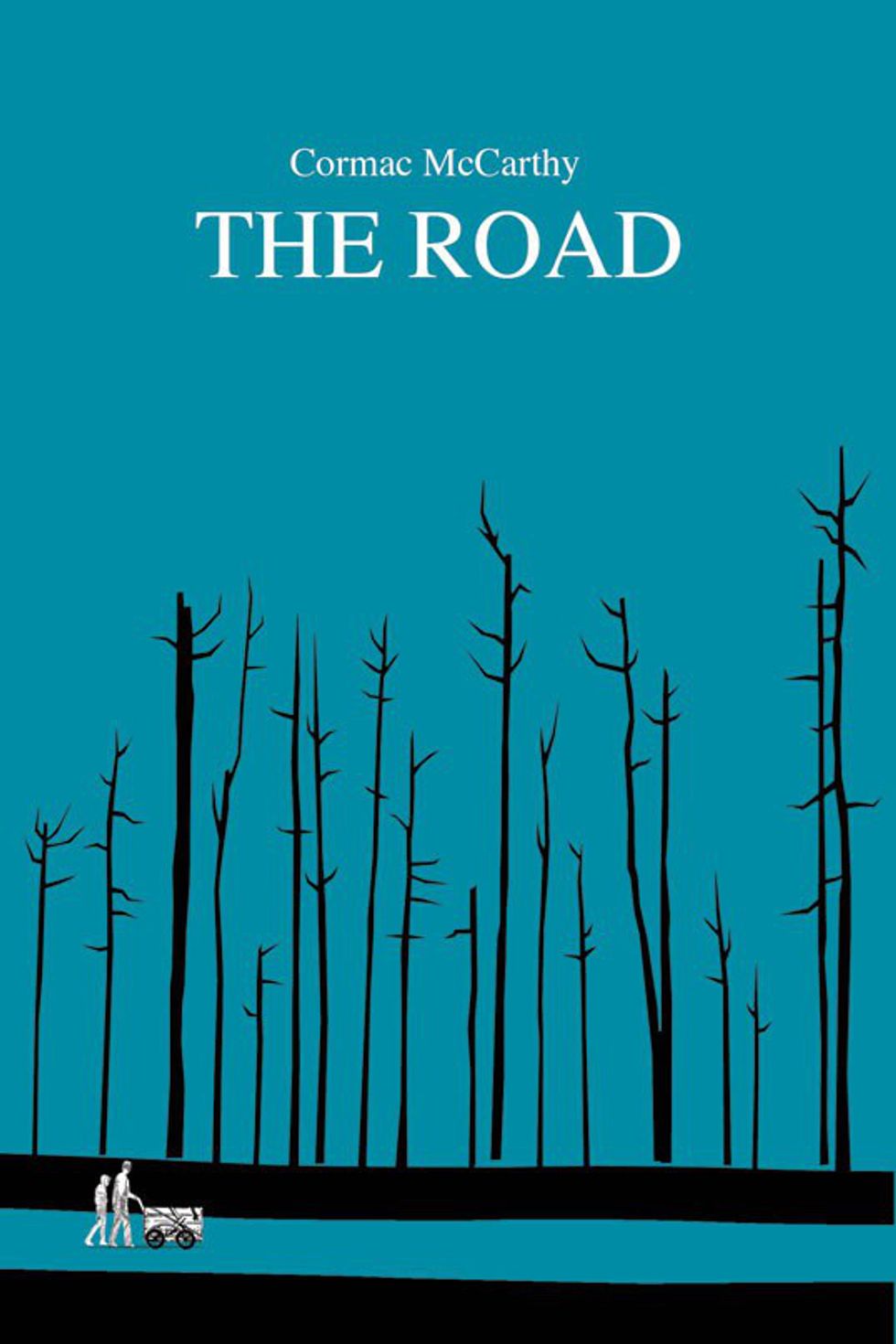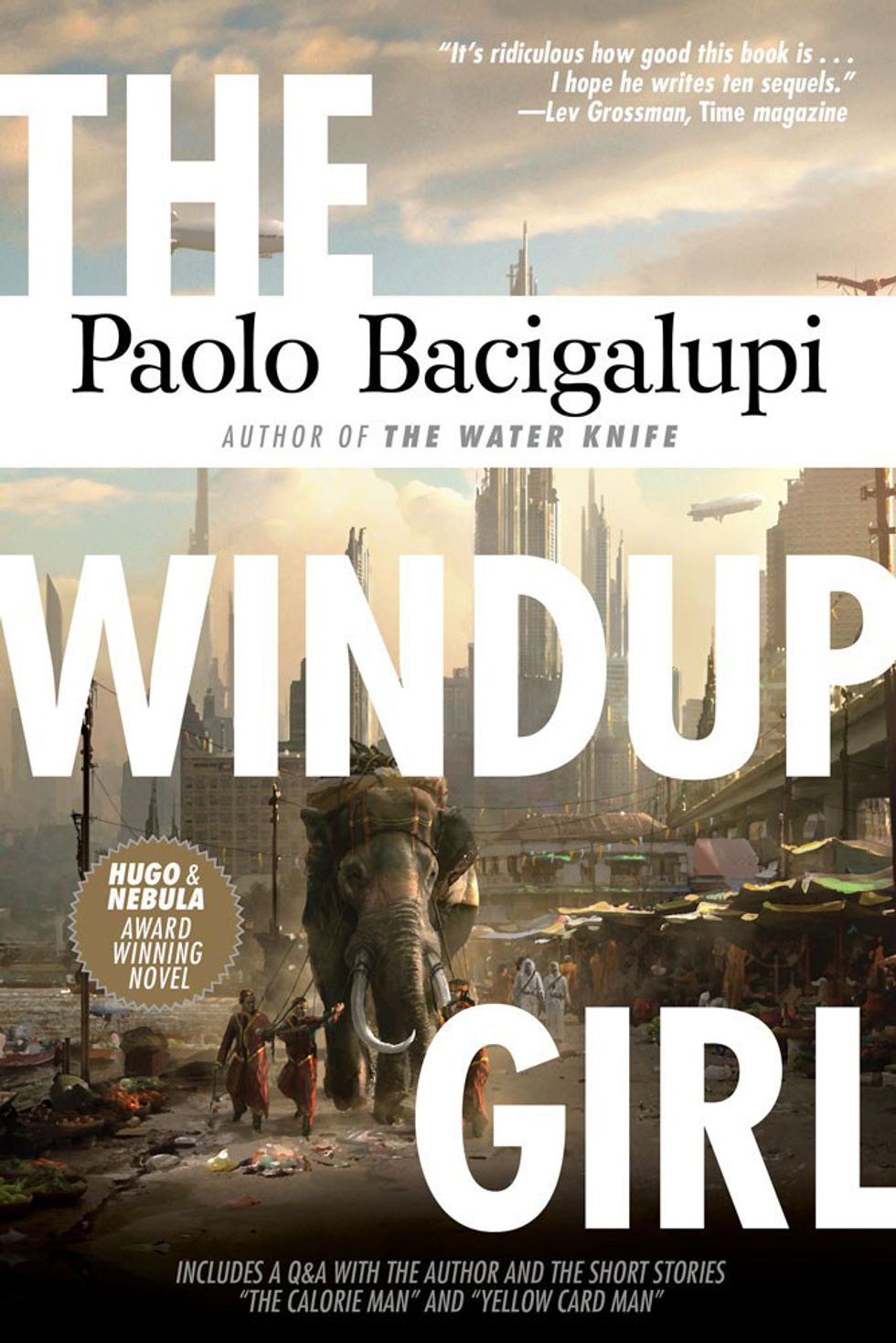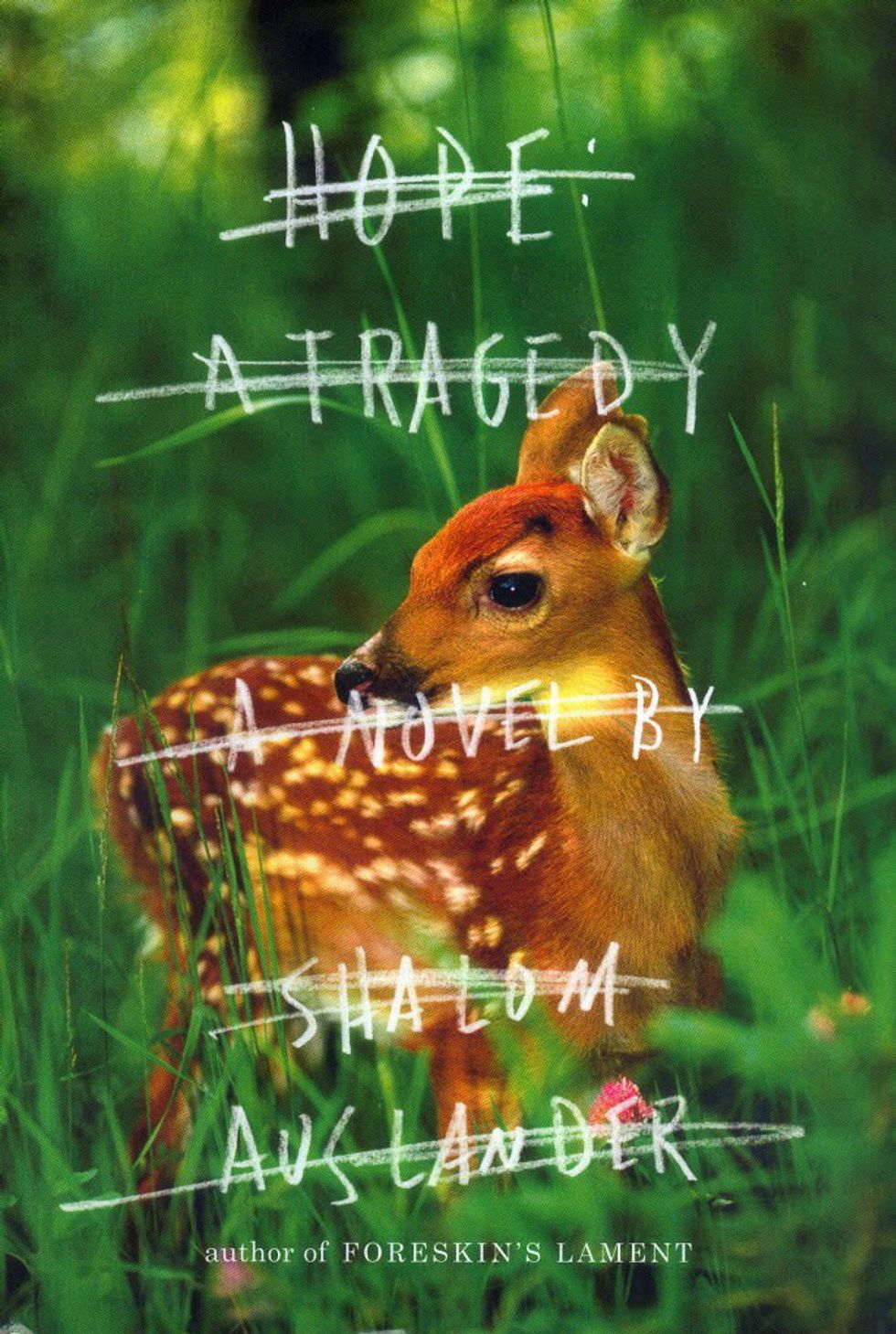Most of us remember Orwell's foreboding tale of surveillance and propaganda as the book high school teachers force-fed us in English class. But after Trump's recent--and ongoing--wrangle with the press over his inauguration turnout, the 1949 classic "1984" is enjoying renewed interest with a surge in sales on Amazon and its stage adaptation scheduled to hit broadway later this year. But "1984" isn't the only dystopian fiction that gives us literary insight into living under an oppressive rule.
1. Blood Child
In this short SciFi-Dystopian fiction, humans barter their bodies as birthing vessels for protection from insectile aliens called Tlics. Through one young boy's contemplation of his upcoming conception, Butler tackles the complex politics of pregnancy, power, and free will.
2. The Handmaid's Tale
Living under the autocratic rule of the Republic of Gilead, the women in Atwood’s novel are stripped of all rights including literacy and sexual autonomy. A select few are instead kept as handmaids to serve the reproductive needs of men in power. It is in this relationship that Atwood explores the lives of women in subjugation and the marginalized ways they exercise autonomy.
3. Homesick for Another World
Known for her unsettling prose, Moshfegh continues her style of chronicling the dark side of humanity in this collection of short stories.
4. Fahrenheit 451
Fahrenheit 451: the temperature at which book paper catches fire and burns.
In Bradbury’s dystopian vision of America, firemen burn books--all of which have now been outlawed. Examining censorship and literary understanding, the novel follows one fireman’s attempt to comprehend the texts he has smuggled from book burnings.
5. Clockwork Orange
With his band of ragtag friends whom he calls his droogs, Alex prowls the night for ultraviolence, narrating his exploits and experiences with the state authorities bent on reforming him. Through Alex’s observations and experiences in a hyper-violent police state, Burgess questions the ethics of forced reformation and the limits of free will.
6. Oryx and Crake
Told through a series of flashbacks, “Oryx and Crake” is as much a love story as it is man’s tale of survival in a post-apocalyptic world.
7. Harrison Bergeron
With his trademark satire, Vonnegut writes about a state aggressive enforcement of equality on its citizens with televised and radio programs which censor their thoughts. A more than subtle commentary on Communism, "Harrison Bergeron" explores the ethics of freedom.
8. Bend Sinister
Although not as famous as his"Lolita", "Bend Sinister" was Nabokov's second English Language novel and his dip into dystopia. The state officials in the novel administer equality with an invented philosophy that discourages individualism. In addition to portraying the unjust realities of an "equal" world, "Bend Sinister" also takes a look at personal vengeance and the limits of justice.
9. Ready Player One
Loaded with 80s pop and video game references, "Ready Player One" mirrors the underdog storyline of "Charlie and the Chocolate Factory" as protagonist Wade Watts is pushed to out luck and outsmart his way out of poverty to become a virtual and real life champion in a digital treasure hunt.
10. In the Penal Colony
Set on an unnamed penal colony, Kafka's "In the Penal Colony" describes the use of an elaborate torture and execution device that repeatedly carves the sentence of a condemned prisoner on his skin until his death. Much like in his other writings, Kafka examines justice and judgment--not sparing the grotesque details.
11. Brave New World
Written during the 1930's rise of fascism, "Brave New World" describes a future of genetic engineering, brainwashing, recreational drugs and sex, and one man's dissatisfaction with this dystopian utopia.
12. The Plot Against America
Roth's provocative novel takes a look at an alternative America, where antisemitism is embraced after the rise of Charles Lindbergh and the America First party.
13. On Such A Full Sea
In an America long denigrated by societal and environmental neglect, communities are stratified by class. But within these marginalized groups, there is the ever-present chorus of "we." Lee's "On Such a Full Sea" is both a love story and post-apocalyptic tale that explores the powers of storytelling and art.
14. It Can't Happen Here
Another portrayal of an alternative WII America under fascism, "It Can't Happen Here" shows us just how possible it is of it happening here.
15. Do Androids Dream of Electric Sheep?
The novel that birthed "Blade Runner", "Do Androids Dream of Electric Sheep" describes a post-apocalyptic San Francisco and one bounty hunter's search for six escaped androids and the man aiding them.
16. The Time Machine
Widely thought of as the grandfather of all stories concerning time travel, "The Time Machine" follows a scientist's journey into the future. Wells' novel is not only an important piece of dystopian fiction but also one filled with timeless social satire.
17. The Road
Although some have narrowly categorized "The Road" as sci-fi, McCarthy's novel is for most seemingly too plausible for that genre as it tells of the heart-wrenching struggle of a father and son's for survival in a world of uncertainty, dwindling resources, and cannibals.
18. The Windup Girl
Set in 23rd century Thailand, "The Windup Girl" reads almost as a cautionary tale of the dangers of big corporations and monopolies. The novel follows a "windup girl" and her search for refuge amidst the whirling chaos of sleazy corporations, bioterrorism, and a crumbling world.
19. Your Heart Is A Muscle The Size Of A Fist
Set in during the WTO protest in Seattle, Yapa's novel takes us into the lives of his seven characters and their struggle with propriety and compassion.
20. Hope: A Tragedy
A contemporary, Tragicomic, "Hope: A Tragedy" describes the spiraling breakdown of a Jewish man who discovers Anne Frank hiding in his attack But more than a fun read, Auslander's novel examines the complexities of remembering.




